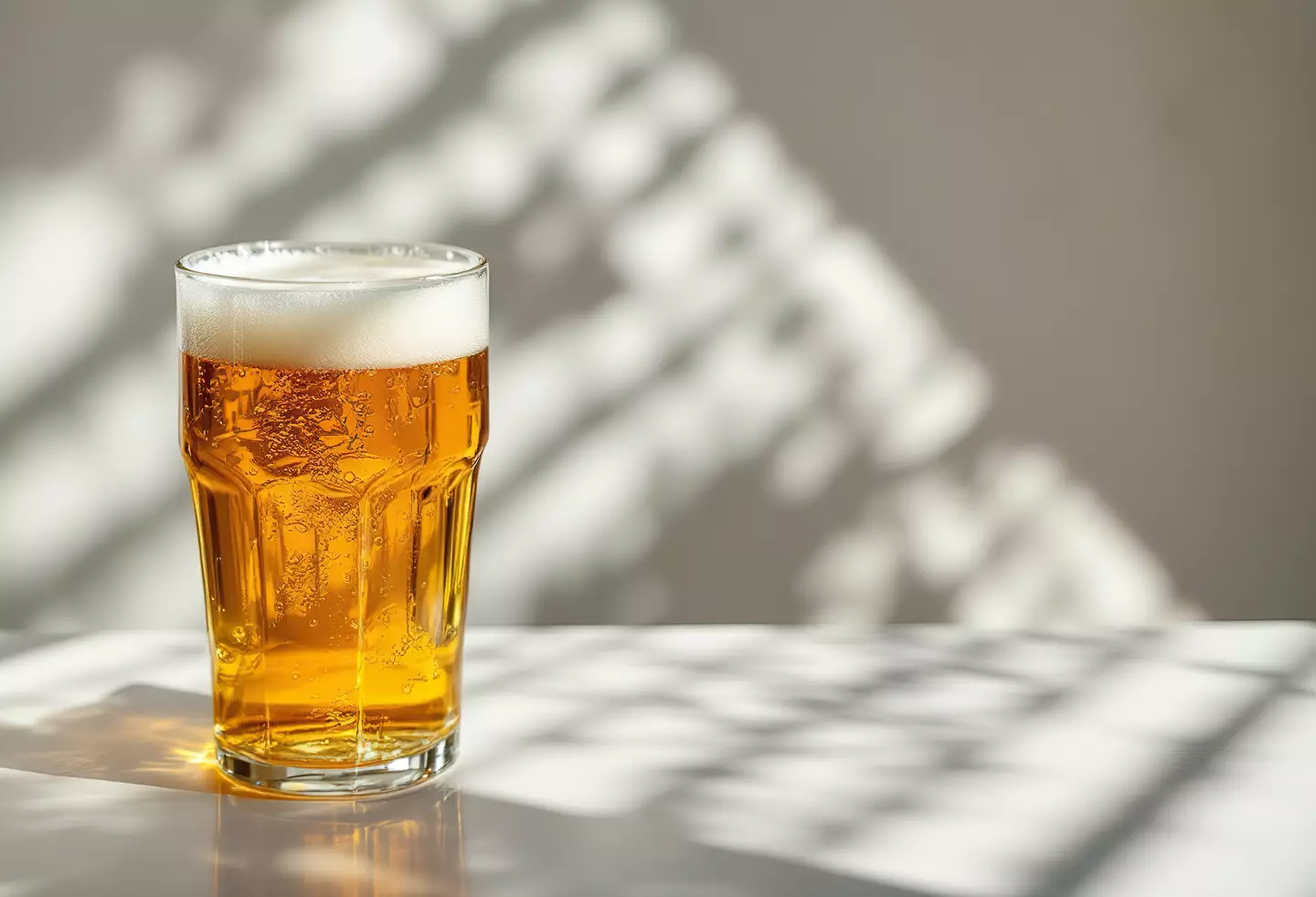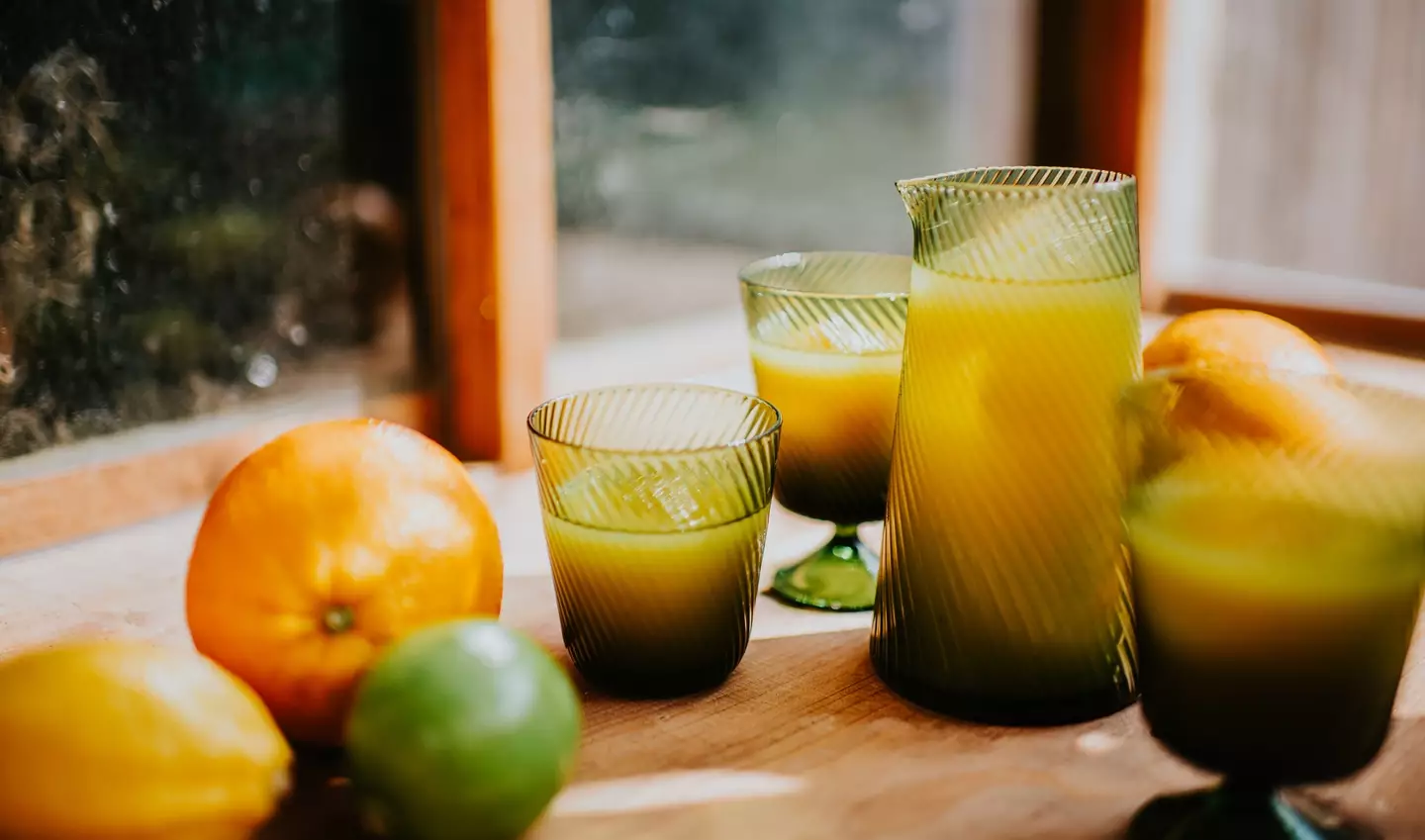
A naturopathic doctor has shared five drinks that she deems to be ‘toxic’ and best avoided.
You’ll be unsurprised to see alcohol make the list, but some other additions here might be a wake-up call.
Thanks to the wonders of modern living, there’s an endless array of drinks out there for every need and occasion. Some are clearly healthier than others – there’s no doctor out there recommending a glass of Coke over a glass of water – but some may pose particularly big risks to our long-term health.
Janine Bowring, the aforementioned naturopathic doctor – that’s ‘alternative’ medicine, if you weren’t aware – took to TikTok to share five drinks we’d best avoid if we want to keep ourselves in good health.
Advert
"Discover the five toxic beverages that can harm your health and learn how to make healthier choices," said the caption.
It’s important to note that naturopathic doctors are not necessarily fully-trained physicians, so do take some of the claims made by Bowring with a pinch of salt where academic rigour is concerned.
Let’s get into it.
Alcoholic drinks
Advert
Quelle surprise, alcohol isn’t very good for you. Beyond the fact that alcohol is a toxin that our bodies have to work hard to clear and can have devastating consequences on our health when imbibed in excess, Browning says there’s another reason we should avoid it.
"What research is showing is that that things like beer and wine can (and most times do) contain glyphosate,” she said in the TikTok.
"This is a herbicide that can really damage your gut wall lining. That's called leaky gut syndrome. This can then lead to into some autoimmune disorders."
A spokesperson from the Beer Institute told USA Today, however, that alcohol-borne glyphosate is unlikely to cause you any problems.
Advert
They said you’d need to drink more than 140 glasses of wine a day to start suffering the consequences of the trace glyphosate in there.
Nevertheless, be careful not to drink more than the 14 units of alcohol per week that’s recommended as an upper limit by the NHS. Those 14 units should also be spread across three or more days to minimise the impact on your liver and other major organs.

Isotonic sports drinks
Advert
We all know these drinks are ‘powered by glucose’ – in other words, they’re packed with sugar.
If you drink one while you’re up and active, you should burn through most of this sugar pretty quickly, but they’re not a great idea if you’re inactive or overindulging in them.
"They're loaded with sugar, and if it's the low sugar type, they have artificial sweeteners most times," said Bowring.
Caffeinated energy drinks are also of concern, with the World Health Organisation calling them ‘a danger to public health’ owing to their high caffeine and sugar content.
Advert
Diet fizzy drinks
Diet pop may be low in calories, but some health experts, including Bowring, are concerned that sweeteners like aspartame are bad news for your health.
Celebrity nutritionist Sarah Carolides has also said the phosphoric acid found in many of these drinks may be harmful, too.
According to Carolides, this acid 'gets straight into your bloodstream and causes the pH of the blood to drop because it's acidic'.
"The blood then has to make it more alkaline again, so there is evidence that it interferes with calcium absorption, because calcium is a big fat alkaline molecule," she explained to UNILAD.
Coconut water
Here’s the big surprise: Bowring reckons coconut water is no good for us.
"Out of season, it can be a problem,” she said. “Not only does it have a little bit of sugar, but it does have deuterium and can really deplete your energy over time."
"Deuterium is a natural element, the heavy form of hydrogen,” said Osmio Water. “High deuterium levels in the human body can have a negative impact causing chronic fatigue, metabolic problems and premature ageing."
As with Bowring concerns about glyphosate, it’s important to note that you’d need to be drinking coconut water to excess to see the downsides from its deuterium content.

Fruit juice
If you’re familiar with how much sugar is in your typical glass of fruit juice, this one isn’t likely to be a shocker.
Bowring noted that it’s 'very high in fructose', which can cause a spike in blood-sugar levels and insulin release that, over time, may contribute to insulin resistance (Type 2 diabetes).
You’ll find fructose naturally in fruit, vegetables, and honey, too, and it’s safe to consume in moderate amounts.
One glass of orange juice each day, as part of a healthy diet, is unlikely to do you any harm, but it’s recommended to eat a whole fruit instead for a good shot of nutrients without the high sugar content.
